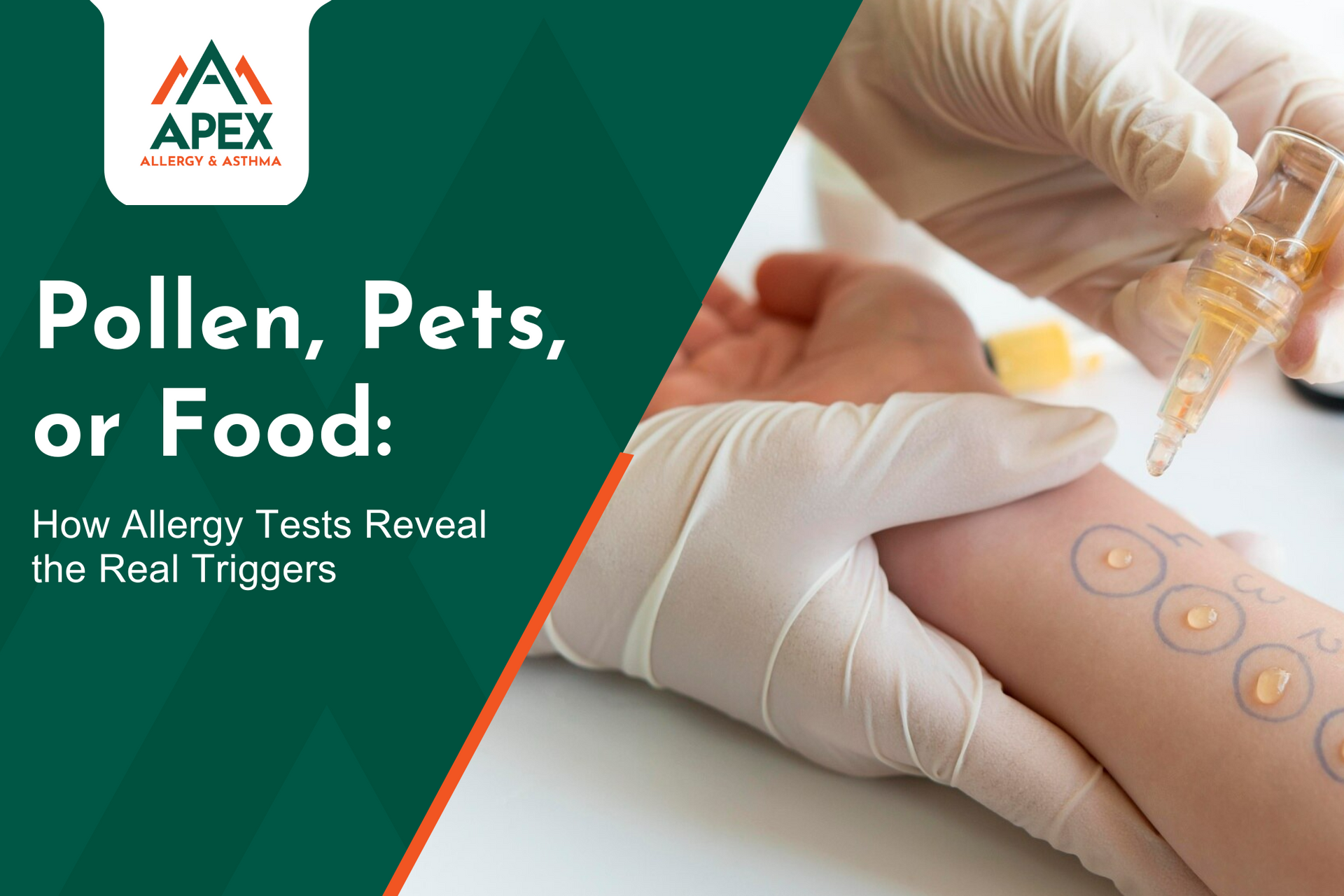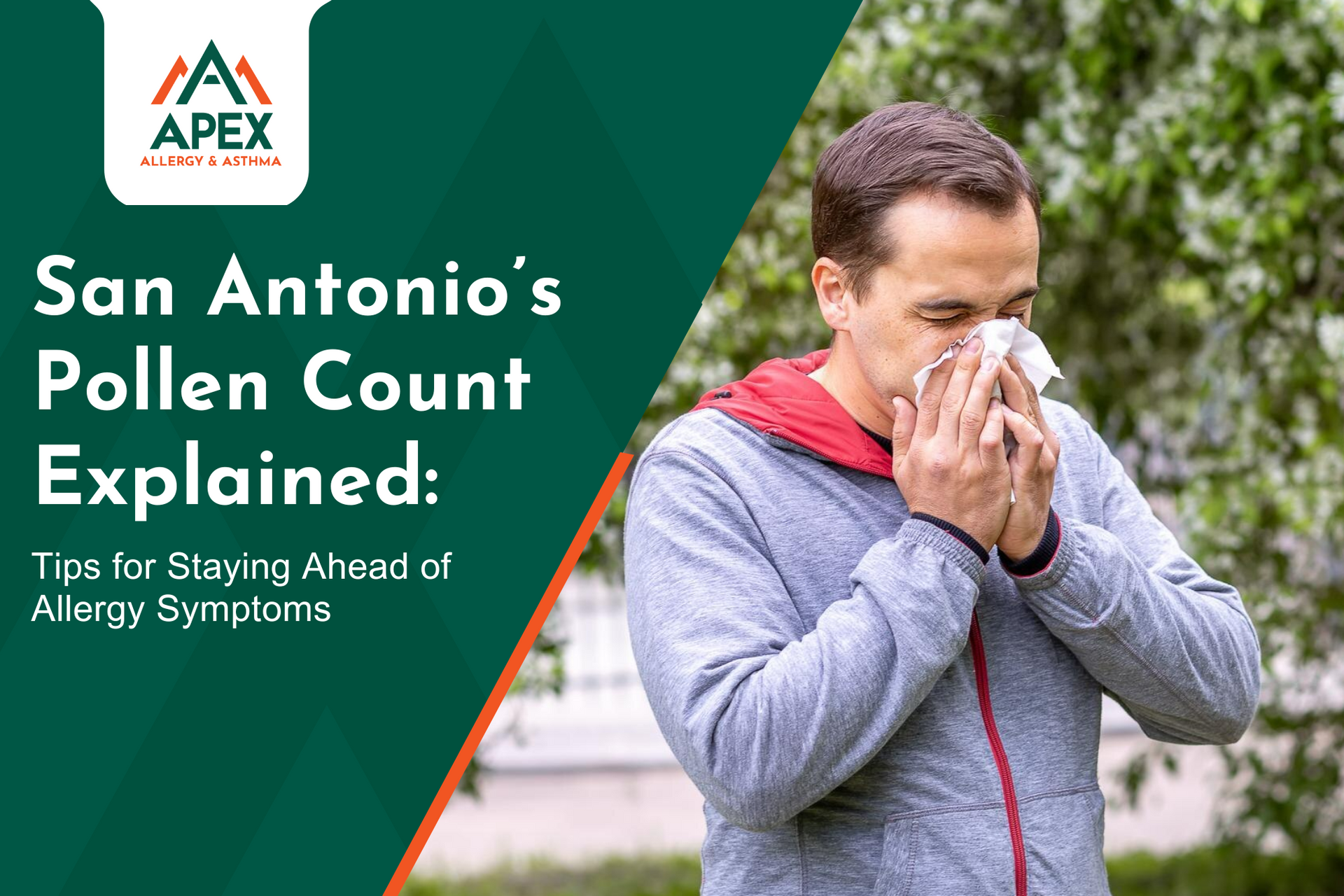Here’s How Food Allergies Are Diagnosed

It’s estimated that 32 million Americans are currently living with food allergies – a condition where your immune system sees certain foods as harmful to your body. When your body is exposed to this food, your body triggers a protective response, known as an allergic reaction.
Allergic reactions can range from mild to severe, causing symptoms like hives, asthma, trouble breathing, stomach pains, vomiting, or diarrhea. If left untreated, food allergies can also cause a life-threatening condition called anaphylaxis.
If you suspect you might have food allergies, it’s important to get them diagnosed to prevent any life-threatening reactions. Here, Mark C. Stahl, DO, and the rest of our expert team at Apex Allergy and Asthma review the most common food allergies and discuss how we diagnose and treat them.
The most common food allergies
Any food can cause an allergic reaction. However, these eight foods make up for 90% of all food allergies:
- Eggs
- Milk and dairy
- Peanuts
- Tree nuts
- Fish
- Shellfish
- Wheat
- Soy
Sesame is the ninth most common food allergy and can be found in many different dishes.
Diagnosing food allergies
If you have a good idea that certain foods are triggering an allergic reaction, it’s important to get them diagnosed. At Apex Allergy and Asthma, we provide onsite allergy testing to determine if you’re struggling with allergies or if your symptoms are caused by something else.
To begin, our team pricks your skin with a known allergen and waits to see if an allergic reaction occurs. If you’re allergic to the substance, a red welt appears. Blood tests are also used to see how your immune system reacts to certain foods.
In addition, you may need to cut certain foods out of your diet for a while to see if they are the culprit of your symptoms.
Treating food allergies
If results show that you’re allergic to certain foods, you may need to cut those out of your diet. Our team can help you strategize ways to do that.
If you have fairly mild allergic reactions, we may recommend trying over-the-counter antihistamines to combat any allergic reaction symptoms. However, if you have severe reactions, you’ll need to keep an epinephrine injector pen with you at all times and be very vigilant about what you’re eating.
If you think you might be struggling with food allergies, don’t wait to have them diagnosed. To schedule an appointment for allergy testing, contact our office by phone or use our online booking tool today.



